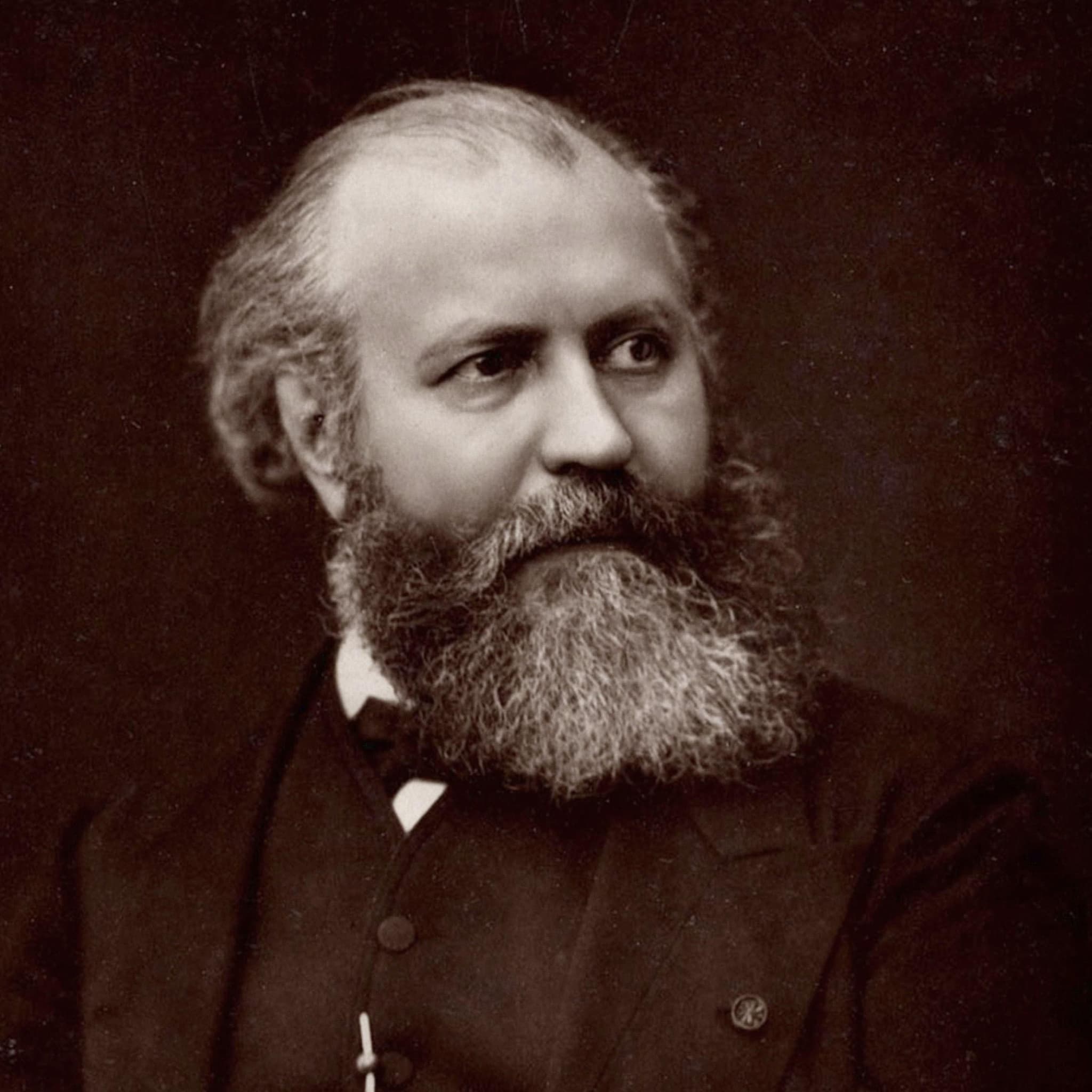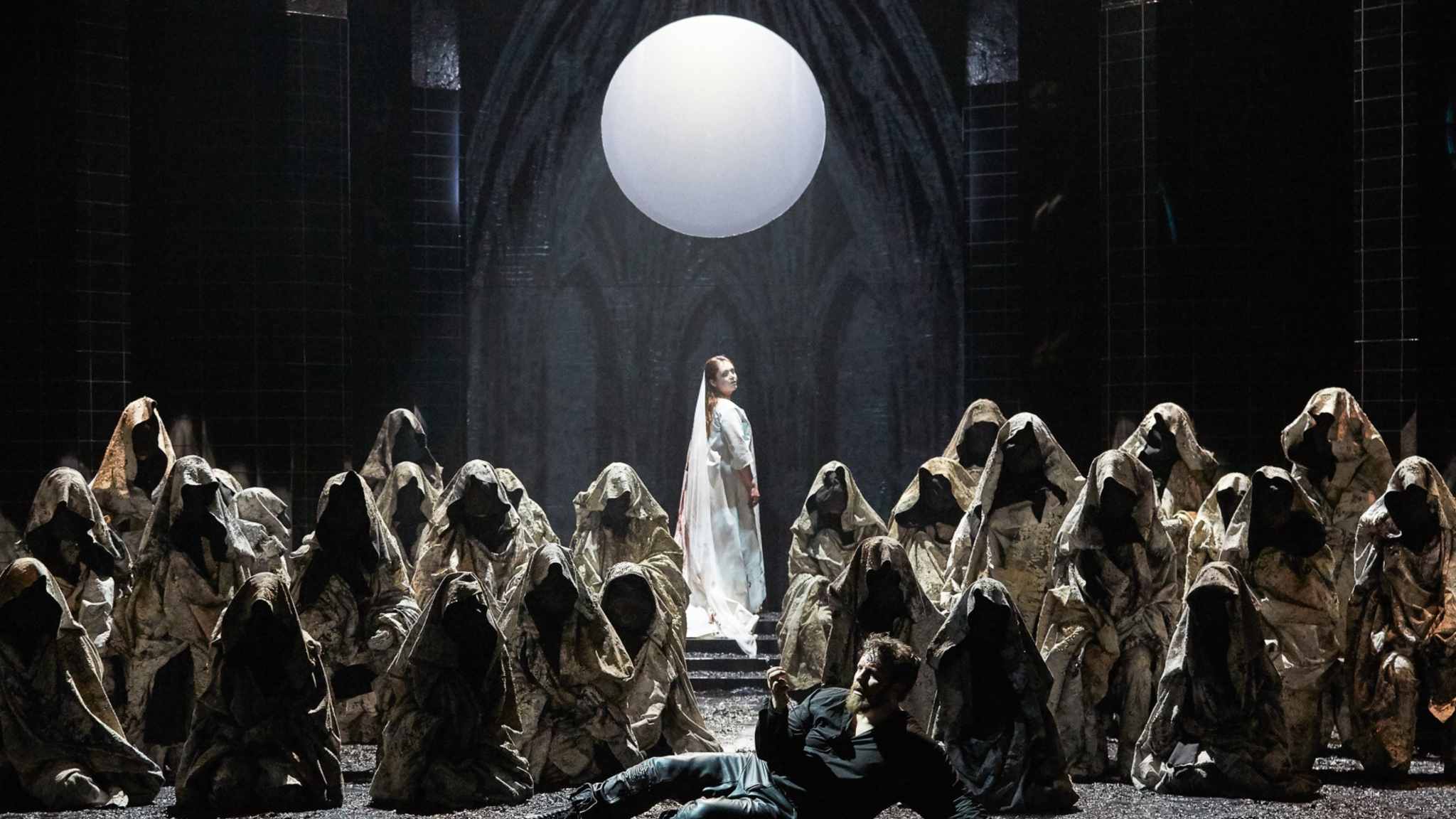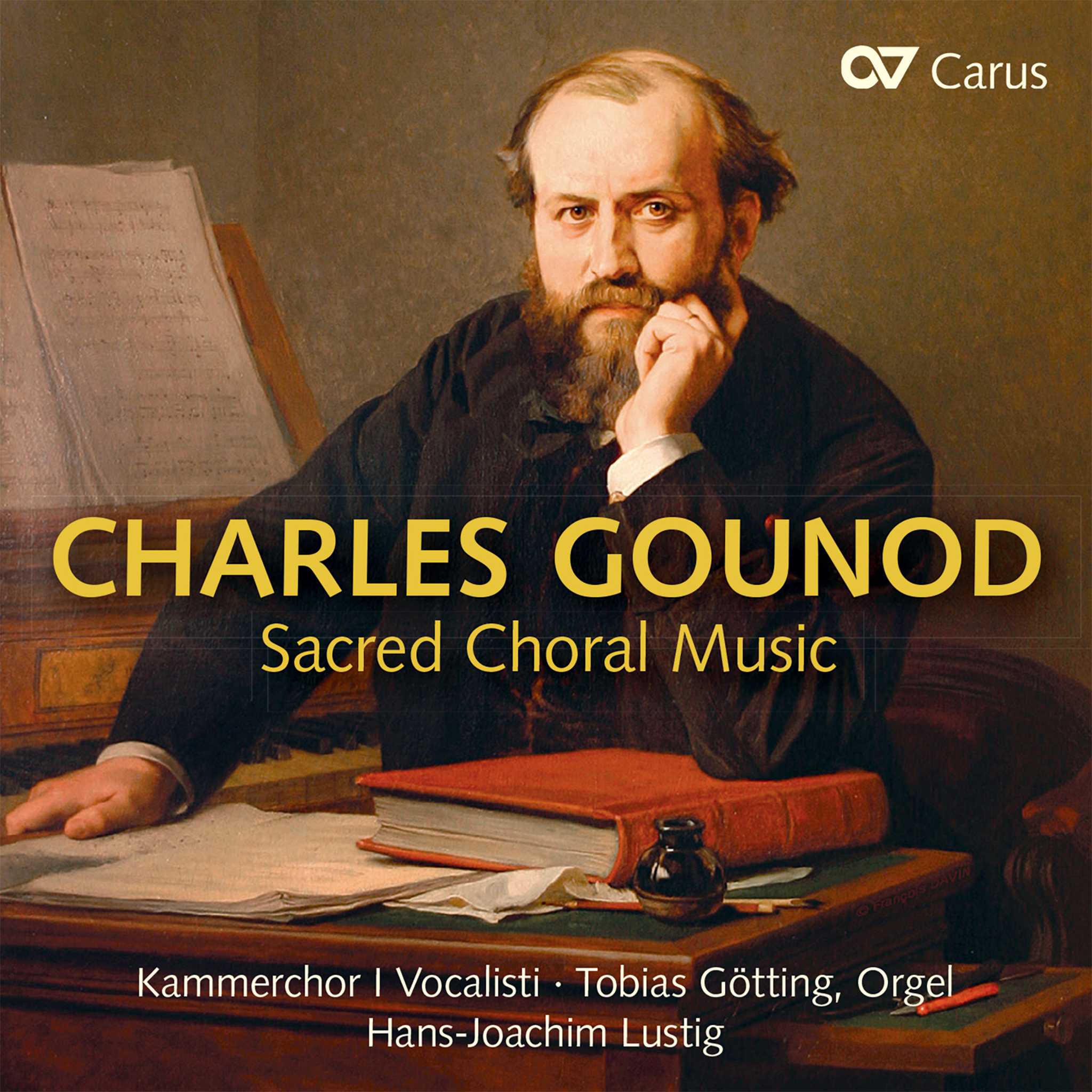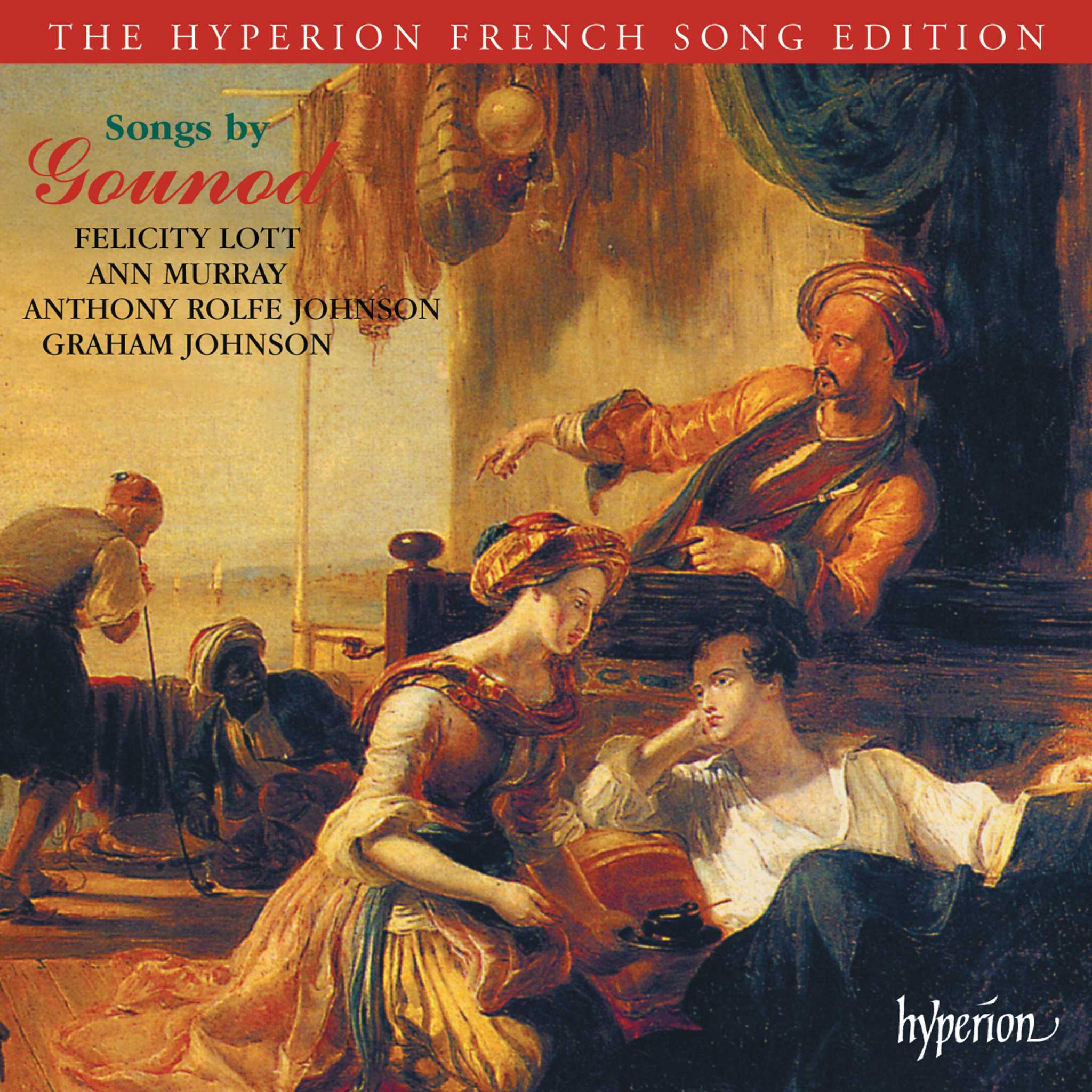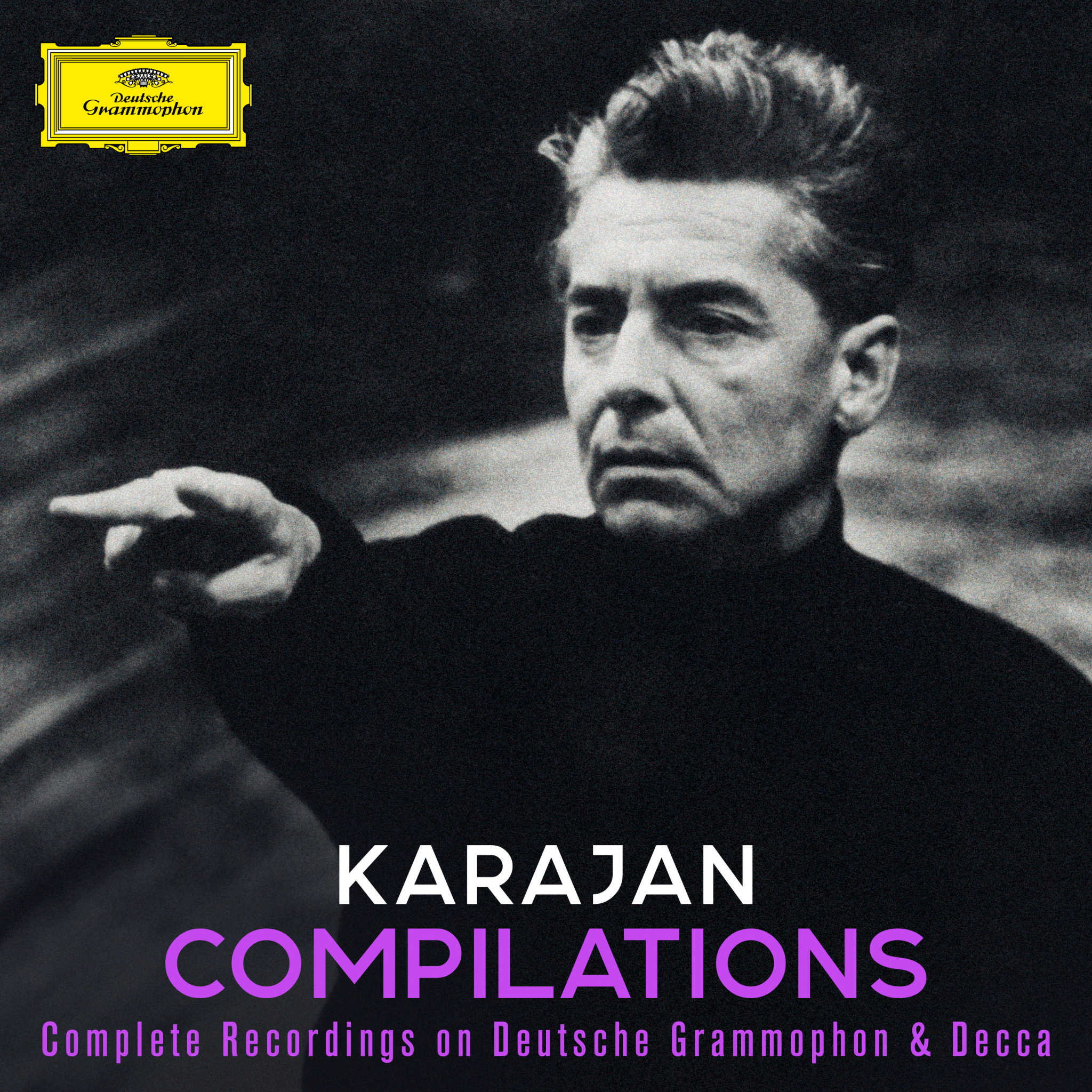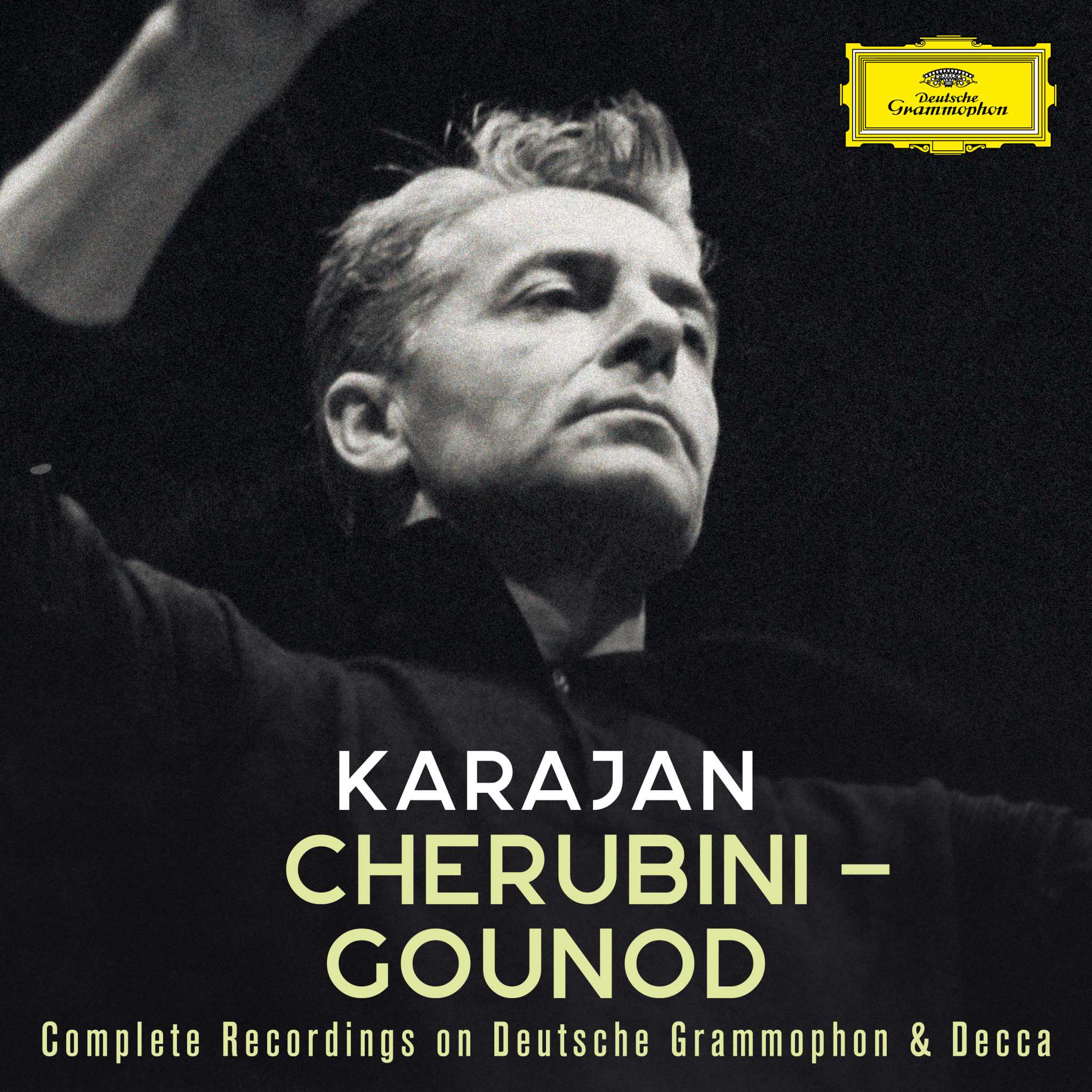Unraveling the Unique and Fascinating Works of French Composer, Charles Gounod
Dive into the enchanting world of Charles Gounod, a luminary amongst 19th-century French composers, who made an indelible impact on the musical landscape worldwide. Born on June 17, 1818, in the Latin Quarter of Paris, Gounod's intrinsic flair for composition earned him the coveted Prix de Rome in 1839, setting him on a path of musical greatness. Initially, Gounod earned recognition as an organist in Paris. However, his fame escalated as he delved into the realm of opera composition.
Life and Career of Charles Gounod
Gounod's musical journey spanned from operas to church music, profoundly influencing French music. His greatest success story is the opera 'Faust' which, after an ambivalent acceptance initially, became nothing short of a sensation across Europe. Also, his timeless piece 'Roméo et Juliette' earned inclusion into the global repertoire, and both these operas continue to be performed regularly.
Gounod's oratorios 'La Rédemption' and 'Mors et Vita' received immense popularity in Britain. Gounod's most recognized single work remains the spiritually imbued 'Ave Maria', characterized by clarity and craftsmanship. His 'Funeral March of a Marionette' (1872) and 'Petite Symphonie for winds' (1885) are also notable for their enduring charm and delight.
Charles Gounod's Influence on French Music
Gounod's influence on French music was significant, impacting composers such as Bizet and Saint-Saëns. Despite being considered somewhat outdated by the end of his life, his works continue to be celebrated for their beauty and craftsmanship.
Recent performances of his operas, such as 'Roméo et Juliette' starring Benjamin Bernheim and Elsa Dreisig, highlight the enduring appeal of Gounod's compositions. His music remains essential in the classical repertoire, with many of his works still enchanting audiences today.
